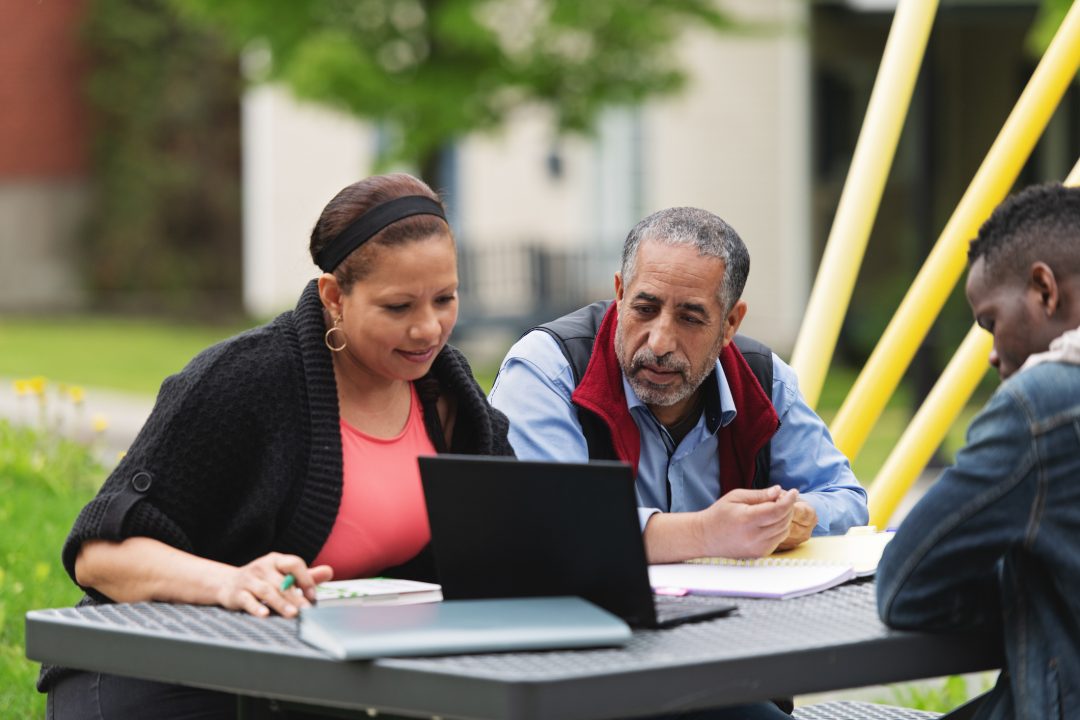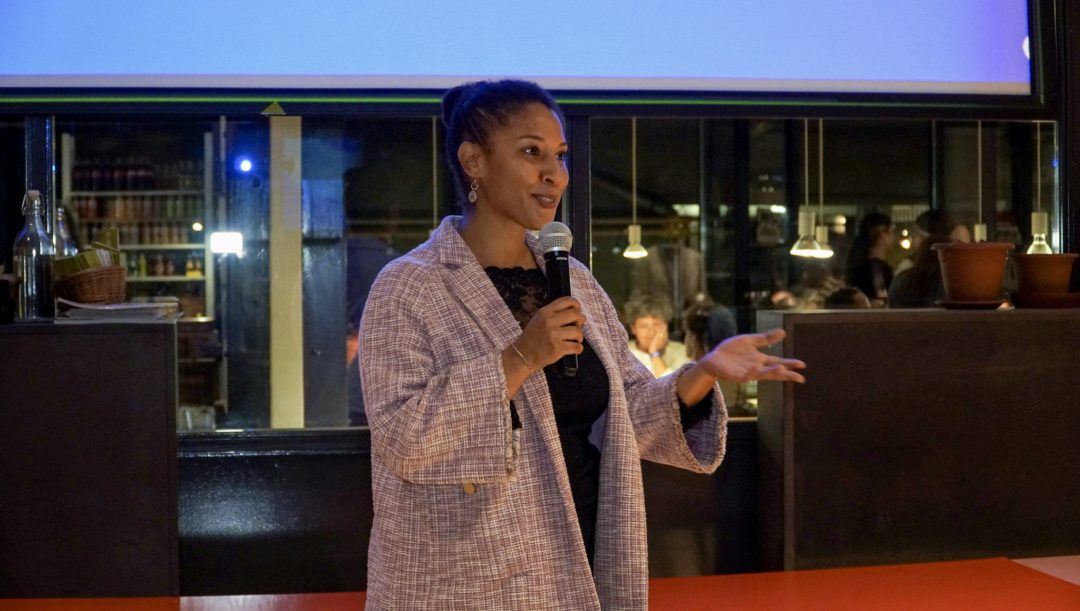
‘Creating a World without Poverty: Social Business and the Future of Capitalism’ by Muhammad Yunus
In his book Creating a World without Poverty, Nobel Peace Prize winning economist Muhammad Yunus explores the idea of a social business as one where the entrepreneur’s creativity is applied to solving some of the most serious social problems like protecting the planet, feeding the poor, and housing the homeless. Yunus reveals the hope that lies in social entrepreneurs’ ability to deal with these environmental and social issues.

‘The Social Entrepreneur’s Playbook: Pressure Test, Plan, Launch and Scale Your Social Enterprise’ by Ian C. MacMilan and James D. Thompson
This book is a playbook for any entrepreneur who wishes to start a social enterprise. It provides aspiring social entrepreneurs a three-step walk-through of how to develop their business, and guides them through each phase: Pressure Test your Idea, Plan your Social Enterprise, and Launch & Scale your Social Enterprise. If you want to know how you can do more good with you business, this one is for you.

‘The Business Solution to Poverty: Designing Products and Services for Three Billion New Customers’ by Paul Polak and Mal Warwick
Paul Polak and Mal Warwick explore how to tap into the market potential of the 2.7 billions people who live on $2 a day or less. They explain how you can actually help them ethically and effectively, thus solving some of the world’s most difficult environmental and social problems while still making a profit. To learn more about their ideas, check out our article on 5 Steps to Starting a Social Enterprise.

‘Building Social Business: The New Kind of Capitalism that Serves Humanity’s Most Pressing Needs’ by Muhammad Yunus
In Building Social Businesses, Muhammad Yunus shows how to put into practice social businesses and why they have the potential to redeem the free-market enterprise. His idea is simple: the goal of these social businesses is to create self-supporting, viable enterprises that generate economic growth for those in need while producing goods and services that help solve social and economic injustices.

‘Le Petit Prince’ by Antoine de Saint-Exupéry
This short novella by Antoine de Saint-Exupéry tells the story of the Little Prince, who lives on his own asteroid until he encounters an explorer in the desert. When the Little Prince leaves his asteroid to explore the rest of the universe, he comes across multiple planets with lonely, narrow-minded adults. There’s The Vain Man?—?a sole resident of his planet that would rather be alone than risk not being the richest and best-looking man; but also The Businessman?—?one that owns all the stars but doesn’t even remember how they’re called and is too busy to even greet his visitor.
Why is a children’s book a must-read for aspiring social entrepreneurs? Because its philosophical approach will inspire readers to think outside the box and give them the strength to create the job that they truly love and in which they believe.



